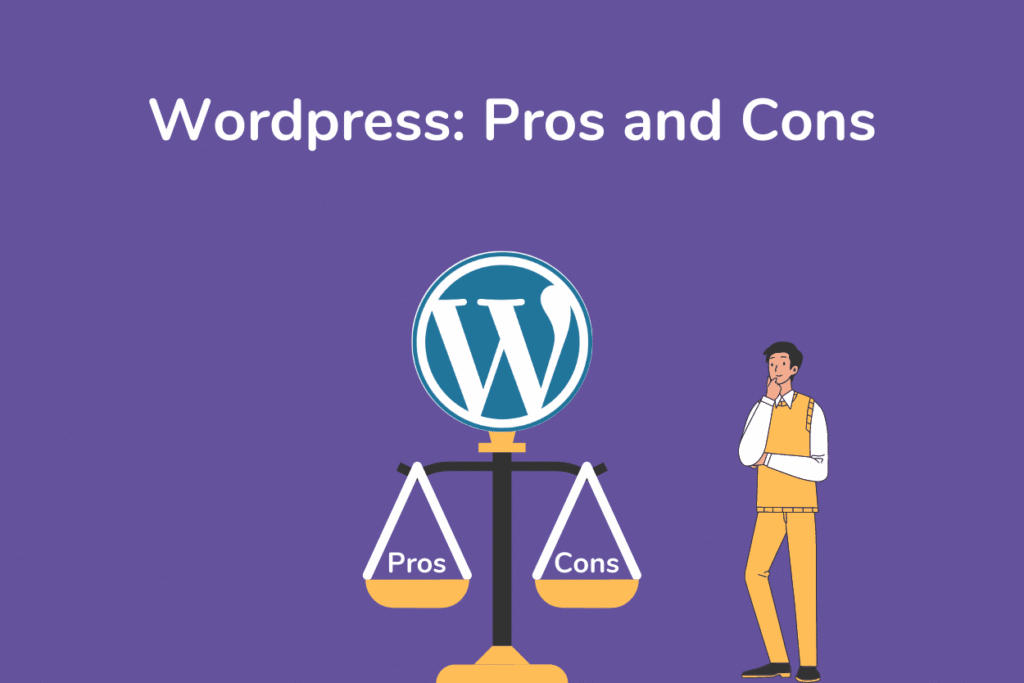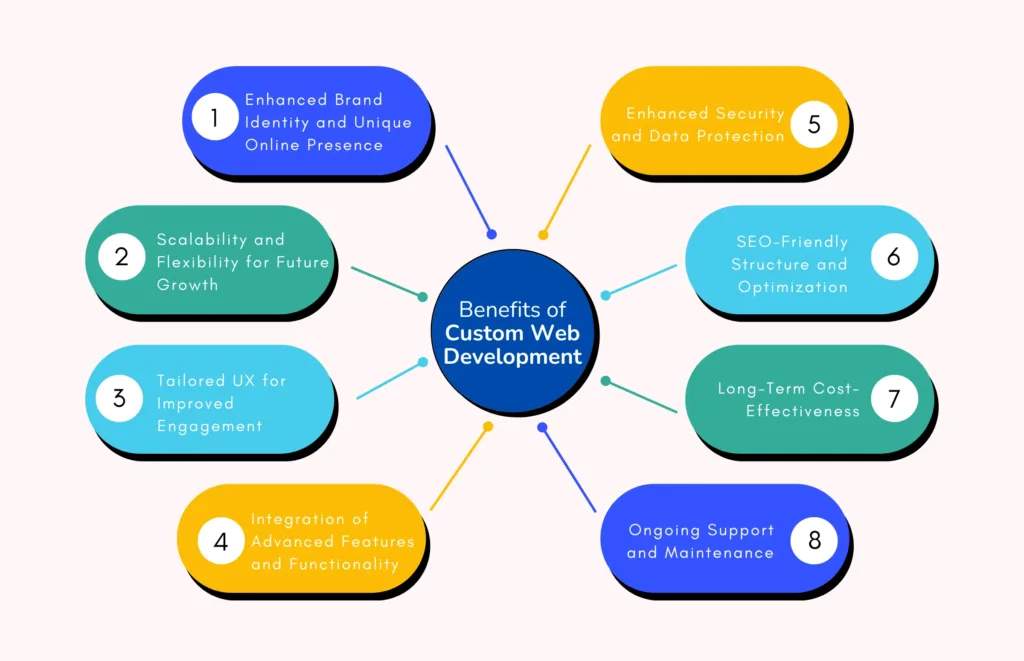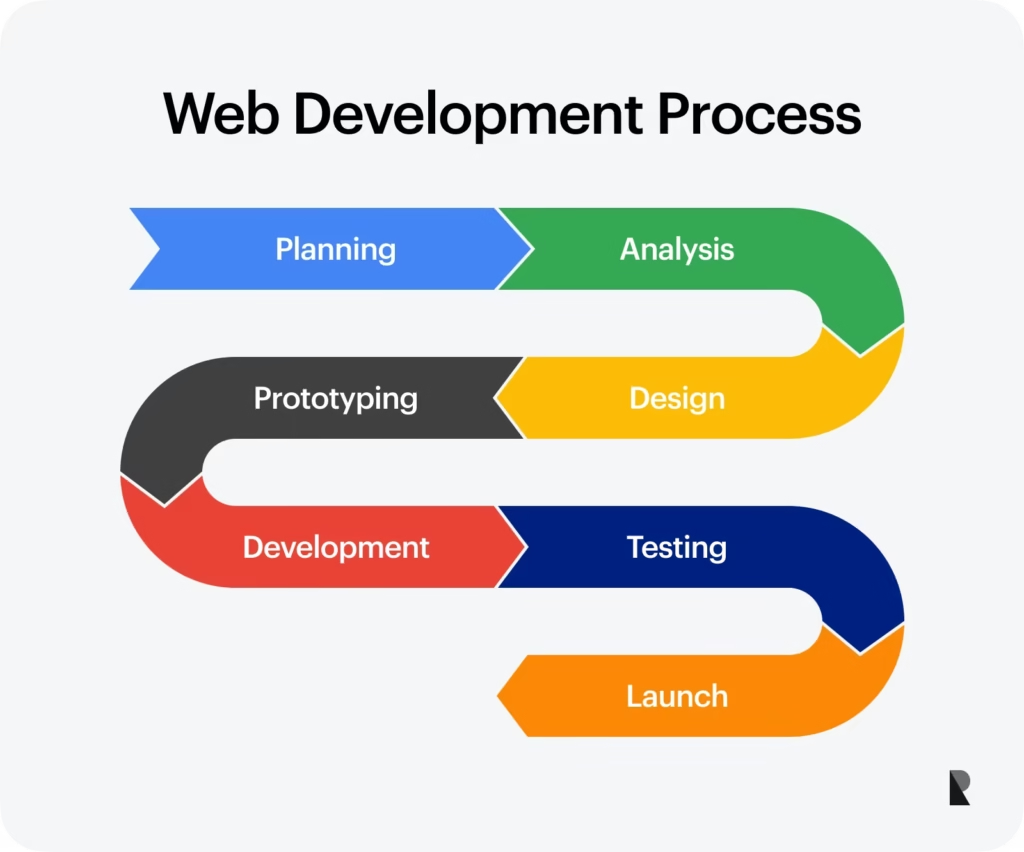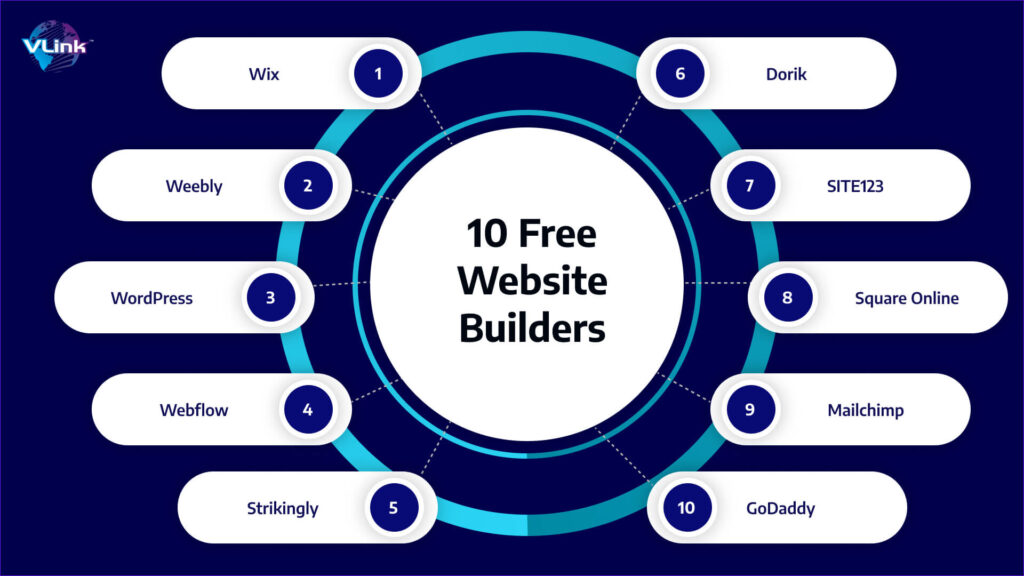Use of WordPress, Shopify, or Code from Scratch?
Selecting an appropriate platform for your website is a crucial choice. This website platform comparison—WordPress vs Shopify vs Custom Code—will help you make the best web development decision based on your business goals, budget, and technical requirements. Whether you’re building a small business website or preparing for enterprise website development, understanding the ecommerce platform choice and website builder comparison landscape is essential. Each option—WordPress, Shopify, or custom development—has unique strengths, limitations, and long-term implications for SEO, scalability, maintenance, and flexibility. Let’s dive into the pros and cons of WordPress, Shopify, and the benefits of custom website development to help you determine what’s right for you.
Whether you’re building a small business website or preparing for enterprise website development, understanding the ecommerce platform choice and website builder comparison landscape is essential. Each option—WordPress, Shopify, or custom development—has unique strengths, limitations, and long-term implications for SEO, scalability, maintenance, and flexibility.
Let’s dive into the pros and cons of WordPress, pros and cons of Shopify, and the benefits of custom website development to help you determine what’s right for you.
WordPress for Business: Pros and Cons of WordPress

With good reason, WordPress powers more than 40% of the internet. It’s open-source, customizable, and supported by a vast ecosystem of themes, plugins, and developers. In the comparison of WordPress vs Shopify vs Custom Code, WordPress stands out for its flexibility and user-friendly approach—especially for content-focused or service-based websites.
Pros:
SEO for WordPress is strong thanks to plugins like Yoast and Rank Math.
Ideal for blogs, service-based businesses, and content marketing.
WooCommerce integration allows for a complete e-commerce solution.
Great for those looking for a DIY-friendly or agency-supported platform.
Cost-effective with free core software and many low-cost plugin options.
Cons:
Requires regular updates, backups, and website maintenance.
Vulnerable to security threats if not properly managed.
Performance issues can arise without good hosting and optimization.
Shopify for Online Store: Pros and Cons of Shopify
Shopify is a fully hosted platform built specifically for e-commerce. It simplifies everything from store design to inventory management and payment processing.
Pros:
- Easy to use, especially for non-technical users.
- Includes hosting, SSL, and PCI compliance for website security.
- Excellent scalability for growing e-commerce businesses.
- Highly optimized for mobile and fast-loading by default.
- provides extensive integrations along with strong support.
Cons:
- Monthly subscription and transaction fees can add up.
- Customization is limited compared to WordPress or custom coding.
- SEO is good but slightly less flexible than in WordPress or custom setups.
- Some features require third-party apps, which may increase costs.
Benefits of Custom Website Development: Coding a Website from Scratch

WordPress vs Shopify vs Custom Code: Feature Comparison Without the Table
For businesses with unique needs, coding a website from scratch can offer unmatched flexibility and power.
When to Choose Custom Development:
- You need a highly customized interface or complex functionality.
- You’re building enterprise-level software, a SaaS platform, or proprietary tools.
- You want total control over performance, SEO, and UX/UI design.
Drawbacks:
- Highest upfront cost in any website cost comparison.
- Requires skilled developers and long-term support planning.
- Maintenance, hosting, and security are 100% your responsibility.
While it’s not for everyone, custom development can be a strategic choice for large or rapidly scaling businesses needing features beyond what WordPress or Shopify can offer.
To make the right web development decision, consider these core features across platforms:
- Initial Investment
- WordPress: Low startup costs; costs scale with added plugins, themes, and maintenance.
- Shopify: Fixed monthly fees; additional costs for apps and features.
- Custom Code: Highest initial cost; includes developer time and infrastructure setup.
- Maintenance and Security
- WordPress requires consistent plugin and theme updates.
- Shopify takes care of all security patches and updates for you.
- Custom sites need manual security updates and infrastructure oversight.
- SEO Optimization
- SEO for WordPress is very strong with proper setup.
- Although less adjustable, Shopify’s SEO is strong and includes apps and built-in features.
Custom sites can be optimized thoroughly, but require experienced SEO developers.
- Scalability and Performance
- With the correct plugins and hosting, WordPress can grow.
- Shopify is designed to grow with your traffic and inventory requirements.
- Custom platforms scale based on how well they’re architected.
- Design and Flexibility
- WordPress offers near-infinite design options through themes and builders.
- Shopify has themes, but deeper customization is harder.
- Custom sites offer total flexibility—design, structure, backend, and UX.
WooCommerce vs Shopify
For those selling products online, a common dilemma is whether to use WooCommerce (on WordPress) or Shopify.
- WooCommerce is free to use but requires hosting, security, and maintenance attention. It integrates seamlessly with WordPress for content-rich sites and supports flexible design.
- Shopify is ideal for those who want to launch quickly without worrying about hosting or updates. It’s user-friendly and robust, but customization can be limited.
The choice often depends on whether you prioritize content marketing (WooCommerce) or transactional simplicity (Shopify).
DIY Website Builders vs Custom Code
If you’re on a budget or prefer doing things yourself, WordPress offers excellent DIY website builder tools like Elementor and Gutenberg. Shopify also provides drag-and-drop features, but they’re more product-focused and tailored for e-commerce. In the context of WordPress vs Shopify vs Custom Code, both platforms cater well to users with limited technical skills.
On the other hand, custom coding offers unmatched precision—but demands more time, resources, and technical skill. If you have a very specific need or want full creative control, coding from scratch may be worth the investment, especially when comparing WordPress vs Shopify vs Custom Code for long-term flexibility and performance.
Website Maintenance and Security
- WordPress requires active website maintenance: plugin updates, backups, uptime monitoring, and malware protection.
- Shopify includes these services automatically as part of the subscription, giving you peace of mind.
- Custom sites demand continuous attention from developers or DevOps teams to remain secure, fast, and available.
Website Scalability and Long-Term Planning
Scalability matters whether you’re a small business website today or planning to become a high-traffic enterprise website in the future. When evaluating WordPress vs Shopify vs Custom Code, understanding how each platform scales is critical for long-term success.
- WordPress: Scales well with the right tools (e.g., caching, CDN, optimized hosting).
- Shopify: Easily manages foreign stores, massive product catalogs, and traffic spikes.
Custom development: Offers unlimited scaling—but you’ll need a strong backend infrastructure and ongoing development team
Website Cost Comparison: What Will You Pay?
When comparing WordPress vs Shopify vs Custom Code, cost is a major factor for most businesses. WordPress is often the most affordable option in the short term—you’ll pay for hosting (typically $50–$100/year), themes, and plugins (around $0–$300/year). Shopify starts at $29/month and can go up to $299/month or more, depending on the features and third-party app integrations you need. Custom websites are the most expensive option, ranging from $5,000 to $50,000+ based on complexity, with additional ongoing costs for hosting, maintenance, and updates.
Making the Final Web Development Decision

Choose WordPress if:
You’re building a blog, brochure site, or service business.
You want control over SEO and content.
You’re comfortable managing your own hosting and maintenance or have agency support.
Choose Shopify if:
You’re launching an e-commerce store with minimal tech experience.
You want a ready-made, scalable, and secure environment.
You’re okay with subscription-based pricing.
Choose Custom Code if:
Your needs can’t be met with a CMS or hosted platform.
You need unique functionality, advanced integrations, or custom APIs.
You have a budget and technical support for long-term development.
This framework highlights the practical differences in WordPress vs Shopify vs Custom Code, helping you select the right platform based on your business goals and technical capabilities.

